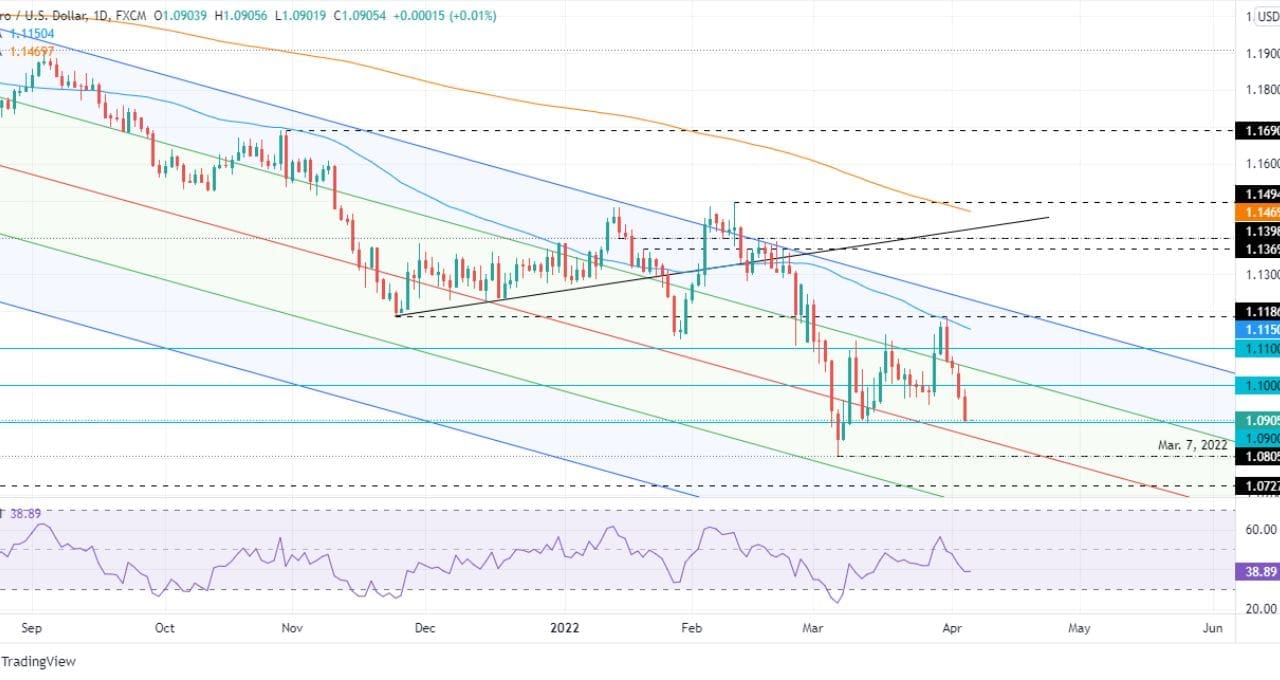In January, Japan’s trade imbalance reached a record high of 1.63 trillion yen ($17.4 billion), as recovering exports trailed behind soaring imports of crude oil and gas as a result of higher prices and a weakening currency.
According to preliminary figures released on Wednesday, the third-largest economy in the world saw exports increase 6.4 percent to 4.8 trillion yen ($51.2 billion) in January from a year earlier, marking the first year-over-year growth in eight months. The amount of imports increased 7.3% to 6.43 trillion yen ($68.6 billion).
Japan’s exports have increased as a result of the currency’s recent depreciation, which has made its goods more cost-competitive abroad. Yet it has also increased the price of Japan’s imports of crude oil and other commodities, which negated a resurgence in demand for cars built in Japan. Japan is a country with limited resources. and equipment.
The pattern puts pressure on Japan to boost domestic demand at a time when the workforce is ageing and contracting and corporate investment is still lagging, undermining the country’s long-standing strategy of mainly relying on exports to spur growth.
In a trip to Washington, D.C., later this week, Prime Minister Shinzo Abe is anticipated to ask Japan’s partner, the U.S., for assistance. He intends to ask President Barack Obama for more access to more affordable exports of American shale gas. According to Kyodo News Service and further local reporting, Wednesday
The office of Abe declined to corroborate the rumours. However, it did state that “the government of Japan places utmost importance to the requirement of collaboration in the areas of resources and energy, particularly considering our current global energy crisis,” “strict energy condition,” following the catastrophes in March 2011.
Most of Japan’s nuclear power reactors were shut down as a result of the Fukushima Dai-Ichi nuclear accident, which was caused by a powerful earthquake and tsunami. This forced a significant rise in oil and gas imports.
Abe took office in December with a campaign promise to strengthen Japan’s export competitiveness while also boosting domestic demand through increased public works investment. Although similar initiatives have not shown much success in the past, he has also pledged to push on with the politically difficult reforms required to sustain growth over the long run.
Early this year, trade increased with the United States and major Asian trading partners as the global recovery grew stronger and the economic effects of friction increased. with China over a territorial conflict seemed to be fading. Yet, despite a 6% drop in exports from a year earlier, commerce with European nations remained poor. Western European imports increased by 6.3 percent.
839.8 billion yen ($8.97 billion) in exports to the United States were up 11% over the previous year, while imports were up 5.8% to 521.1 billion yen ($5.6 billion). As a result, Japan’s trade surplus with the United States increased by 20% over the previous year to 318.7 billion yen ($3.4 billion).
Exports to China increased by 3%, but imports also rose sharply, resulting in a $7 billion imbalance, an increase of 11% from the previous year’s 654.6 billion yen. Nonetheless, when manufacturers increased their efforts, the number of Japanese items shipped to other Asian countries dramatically increased. to increase output and exports from China. Exports to Taiwan increased by 28.8%% from a year earlier, as did those to Thailand by 23.7%%, Vietnam by 21%, and Hong Kong by over 11%.
Over a third of Japan’s entire import bill, or 2.26 trillion yen ($24.1 billion), was made up of purchases of crude oil and other fuel, which saw an 8.8% increase due to increased costs and a weaker currency. Exports of machinery surged 18%, while exports of transport equipment jumped 25%, primarily as a result of expanding exports of car parts.
When gasoline imports skyrocketed and a tense territorial conflict with China sparked anti-Japanese riots, Japan’s trade deficit hit a record high of 6.93 trillion yen ($78.3 billion) in 2012. goods to the second-largest economy on earth.
From a gap of 954.8 billion yen in November, the trade deficit decreased to 641.5 billion yen ($7.25 billion) in December. Despite a 5.8 percent monthly decline in exports, that was the case.

